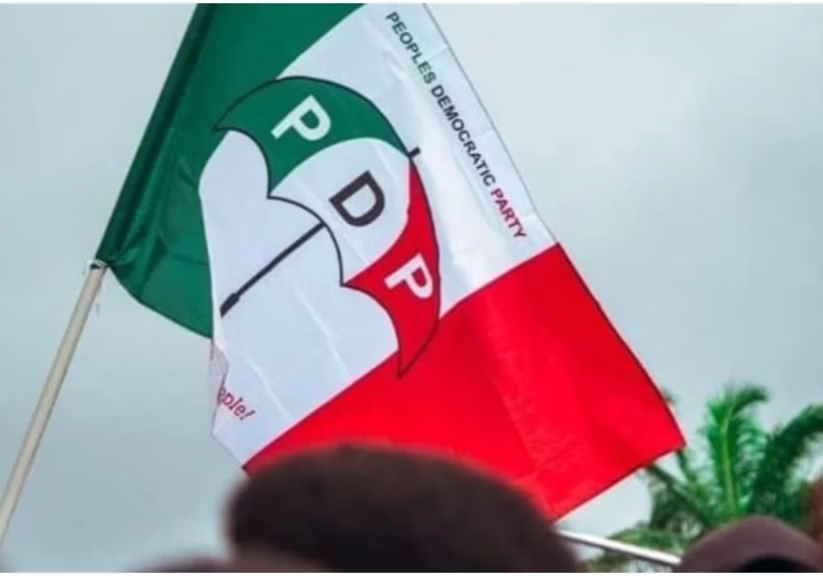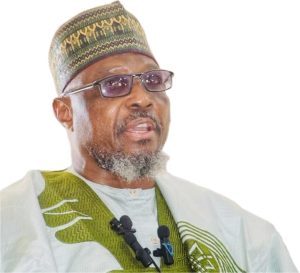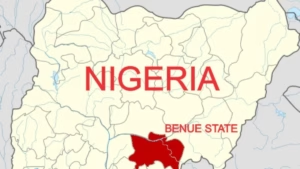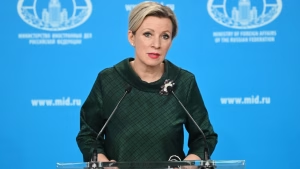GAYA, KANO STATE, NIGERIA – Residents of Gaya in Kano State took to the streets on Sunday to protest against the recent dissolution of the Gaya Emirate by the state government. The decision is part of a broader move to restructure traditional leadership in the state, following amendments to the Kano Emirates Council Law of 2019.
The Gaya Emirate, along with other emirate councils, was dissolved after the New Nigeria Peoples Party (NNPP)-controlled House of Assembly amended the law enacted by former Governor Abdullahi Ganduje in 2020. This law had created additional emirates and led to the dethronement of the 14th Emir of Kano, Muhammadu Sanusi II.
Governor Abba Yusuf finalized the dissolution by signing the amendment bill into law on Thursday. He ordered the emirs of the affected emirates, including Emir of Gaya Aliyu Ibrahim Abdulkadir, to hand over their duties to Deputy Governor Abdulsalam Gwarzo, who oversees the Ministry of Local Government and Chieftaincy Affairs.
Emir Abdulkadir vacated the palace at midnight on Thursday without any immediate signs of violence. Armed security personnel were deployed to maintain order in the town. However, tensions escalated on Sunday morning when residents began protesting, wielding placards and chanting anti-government slogans.
Protesters expressed their dissatisfaction with the government’s decision, accusing it of political motives. They demanded the reinstatement of their emirate and the deposed emir. “Some people are not happy with this development. It feels like an injustice to our community,” said Abubakar Shuaibu, a Gaya resident.
Aminu Abdullahi, another protester, added, “We see this as a political move to undermine our traditional institutions. The government should reconsider its decision and respect our cultural heritage.”
The protesters pledged their allegiance to the traditional leadership and called for the reinstatement of the Gaya Emirate. They believe the dissolution undermines their cultural heritage and the historical significance of their traditional institutions.

Governor Abba Yusuf has not yet responded to the protests. However, the government’s initial stance indicates that the dissolution is part of a broader strategy to centralize control and streamline traditional leadership structures in Kano State.
As the situation unfolds, affected communities await further clarification and potential resolutions from the state authorities. The protests highlight the deep cultural and political tensions surrounding the restructuring of traditional leadership in the region.









